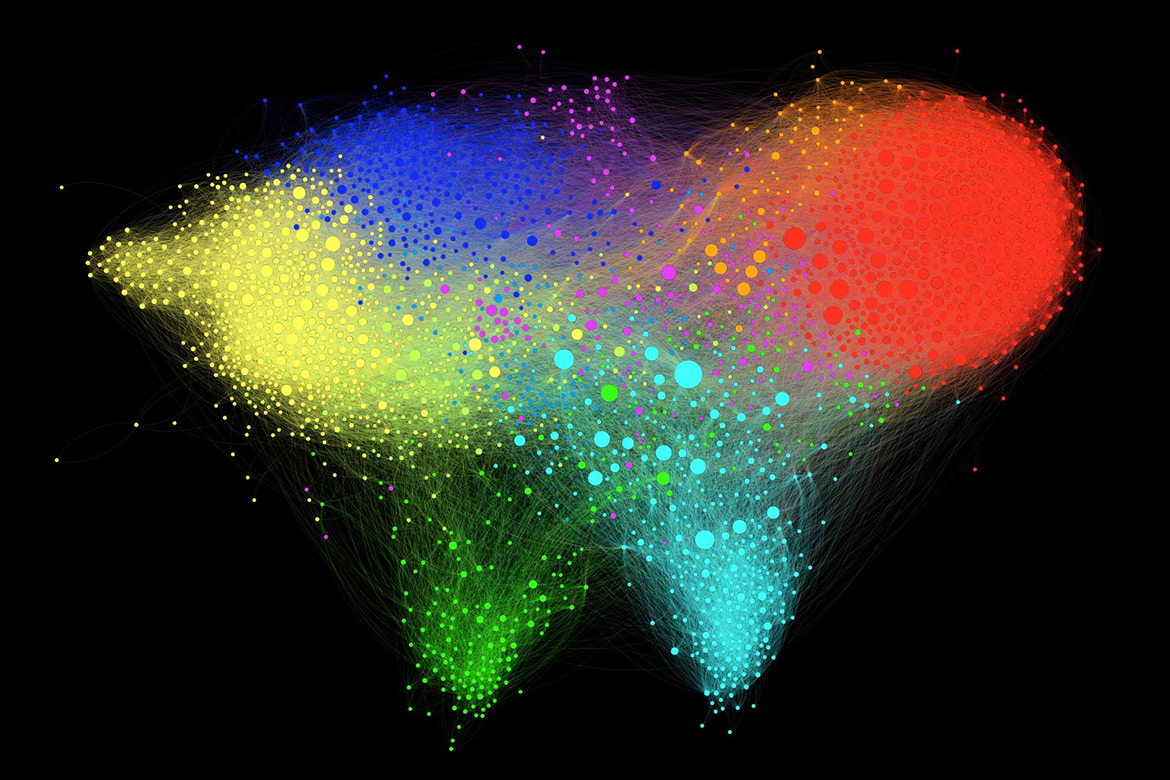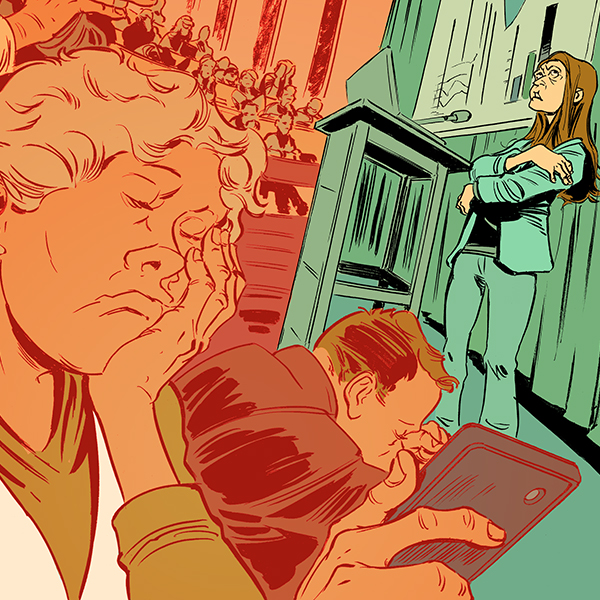Academic publishers
Researchers rebel against the publishing system
There is increasing frustration about the current academic publishing system. Now radical solutions are being proposed, and reforms undertaken.

Illustration: Melk Thalmann
“Stop Congratulating Colleagues for Publishing in High Impact-Factor Journals”. This was the title of an article by nine young researchers in the Indian online newspaper ‘The Wire Science’. They wrote: “The current scholarly publishing system is detrimental to the pursuit of knowledge and needs a radical shift”. They suggest that researchers should stop granting publishers the copyright of their publications, and that research institutions should publicly acknowledge the activities of shadow libraries such as Sci-Hub, which actually help to spread knowledge.
Adam Mastroianni, a postdoc at the Columbia Business School, is of a similar opinion. He runs a blog called ‘Experimental History’ and regards peer-review as an experiment that has failed on a colossal scale. It’s a system that pretends to be serious, he says, though this is in fact a sham, while the roughly 15,000 peer reviews that take place every year are merely a waste of time. The solution he proposes is one he’s now tried out himself: “Last month I published a paper, by which I mean I uploaded a PDF to the internet”. He claims that it received a larger response than his last article, which was published in the renowned journal PNAS.
The specialist journal eLife has already undergone a more moderate process of reform: it now only publishes articles that already exist as pre-prints. If the editors decide to send an article to peer-review, it will be published regardless of the outcome. The peer reviews will be published as well as the article, plus any response to the peer reviews by the authors themselves. But it’s up to them whether they want to make any changes to their article and resubmit it, or simply declare their present version to be final. Congratulations used to be in order when a colleague saw an article accepted by a journal – but it now looks like the days of popping open the champagne will soon be over.




